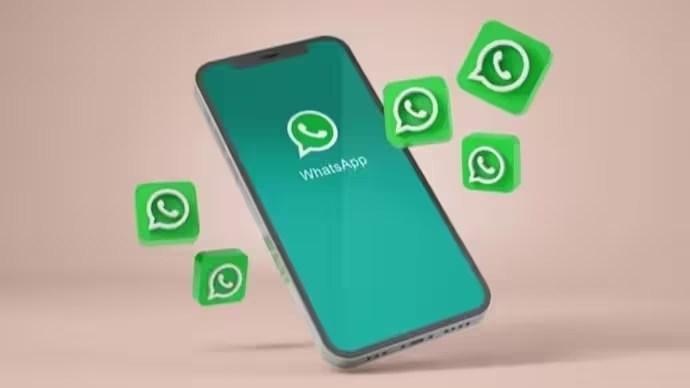As part of its most recent beta version 2.24.11.17, WhatsApp is allegedly working on introducing a new AI tool that creates profile images. With this functionality, the app’s already-existing AI-generated stickers appear to be improved, further demonstrating artificial intelligence’s potential to improve user experience. This feature was noticed by WABetaInfo, a reliable source for WhatsApp updates, who also shared a screenshot showing some of the features.
It is anticipated that the new tool will be available through a separate tab, much as the current Avatars function, or through the pencil/edit option under the profile photo settings. Similar to how AI stickers are made, users will be able to define the desired image using this tool and the AI will create it.
Although the exact AI model that WhatsApp will use to create these photos is still unknown, it is most likely the same model that powers the Meta AI search bar. Right now, users can utilize the search bar to generate photos by describing the image to Meta AI in a chat, waiting for it to be created, storing it, and then uploading it to their profile. With the future tool, this procedure will be streamlined by removing extra steps by directly integrating image generating into the profile photo settings.
This development fits into a larger trend of social media and messaging services using AI to improve user engagement and personalization. With WhatsApp, users will have an easier time personalizing their profiles by having a more streamlined procedure for making custom profile images.
WhatsApp is constantly trying to innovate and enhance the user experience, as evidenced by the beta version of the app’s AI-generated profile images. Observing how consumers accept and use this new function will be interesting once the feature becomes available. WhatsApp previously integrated Meta AI inside the app, enabling users to conduct a natural dialogue with the chatbot that was modeled after the Llama model developed by WhatsApp’s owner. September of last year saw its original release, and in some areas, including the US, WhatsApp was integrated afterwards.



